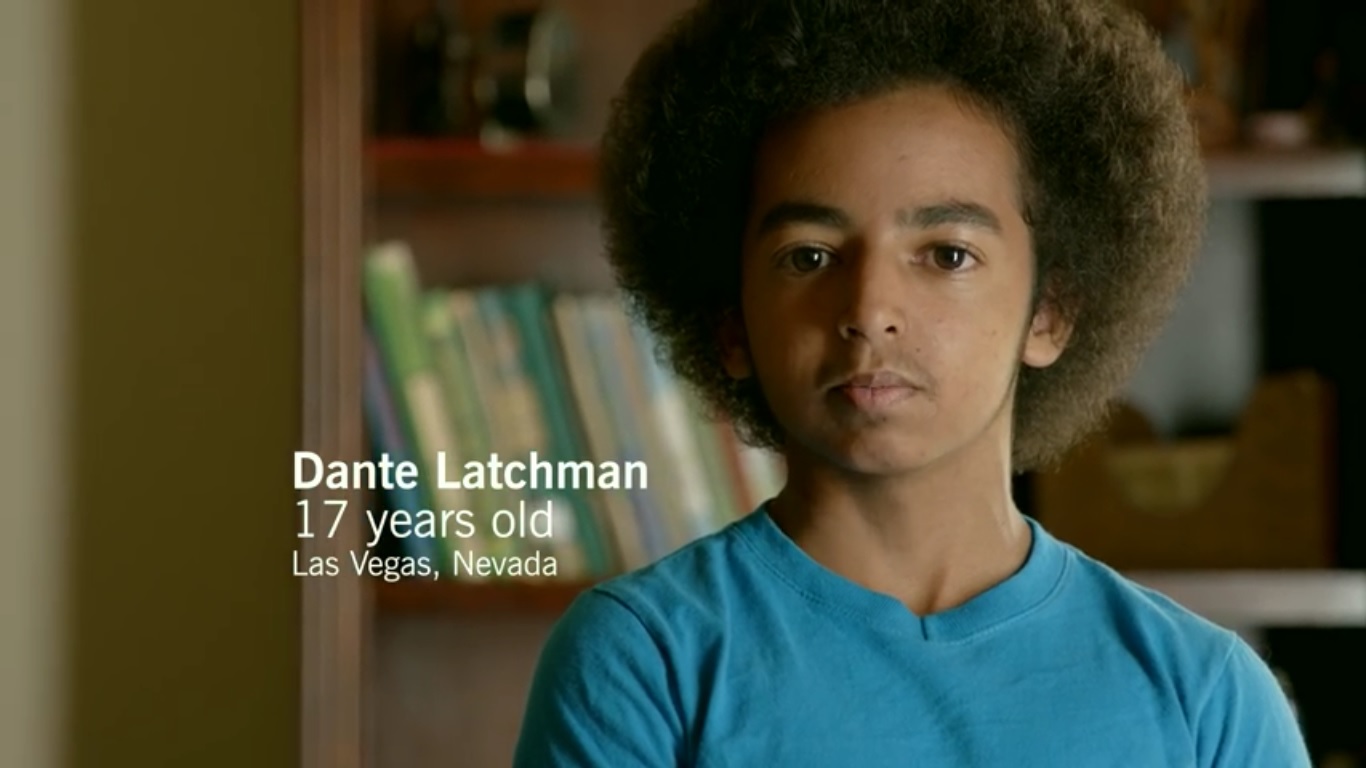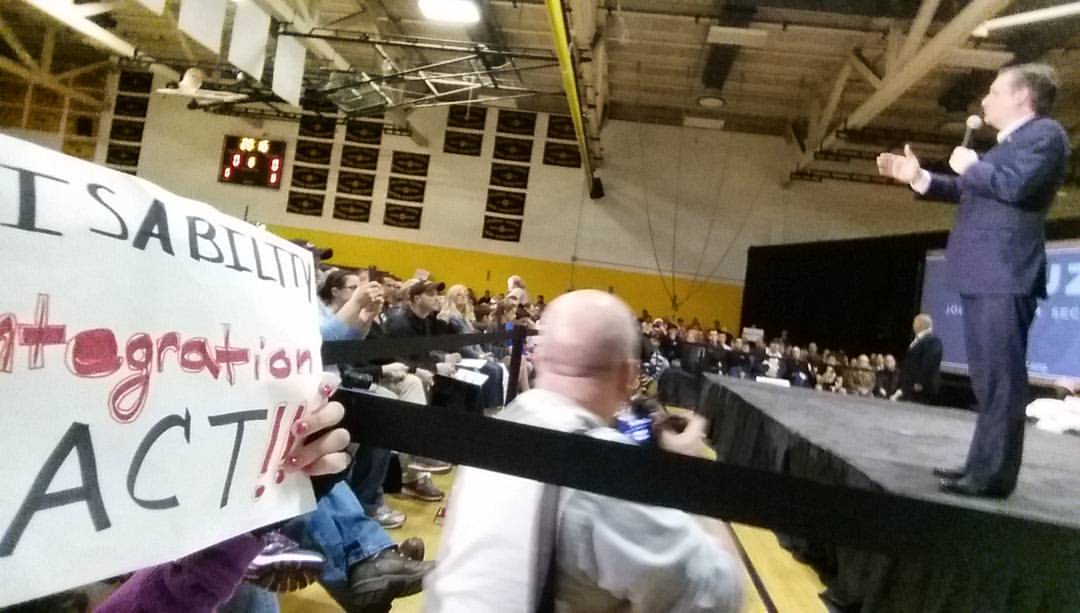Washington, Nov. 4 – A new poll shows that voters are more likely to support candidates who prioritize education, employment and disability policies. So while it’s easy to get stuck in the horse race, readers and viewers are looking for coverage about these important issues. That’s even more true for the 56 million people with disabilities (one in five Americans), more than 35 million of whom are eligible voters (one-sixth of the electorate).
So RespectAbility, a nonpartisan, nonprofit organization working to end stigmas and advance opportunities for people with disabilities founded in 2013, asked candidates for president, governor and U.S. Senate 17 questions ranging from topics of employment and housing to education, healthcare and more. Thirty-nine down ballot candidates, including 26 for Senate and 11 for governor, from both sides of the aisle (24 Democrats, 14 Republicans, 1 Green Party) have responded so far, showing that disability rights is a nonpartisan issue. An additional nine candidates responded that they are not completing any questionnaires during this campaign season. The responses also are geographically diverse, coming from states all around the country as politicians are paying more and more attention to the disability community. This is the first time down-ballot candidates have been asked to complete a questionnaire about disability-related issues on such a wide scale.
RespectAbility fellows, young individuals with disabilities, compiled the responses and packaged stories by topic. Check them out for great policy answers from a wide variety of candidates:
Utilizing candidate responses to both the down ballot and presidential campaign questionnaires, RespectAbility has released 51 state voter guides.
Key Senate race outcomes could be changed by outreach to the disability community, including the races in Maryland, North Carolina and Wisconsin, where at least one candidate in the race has enacted legislation that has impacted people with disabilities.
Since disability does not discriminate, voters with disabilities are every race, age, ethnic group, religion and gender. As the presidential election has become polarized around racial and ethnic lines, disability issues can create the difference between winning and losing.
View your state’s voter guide below:
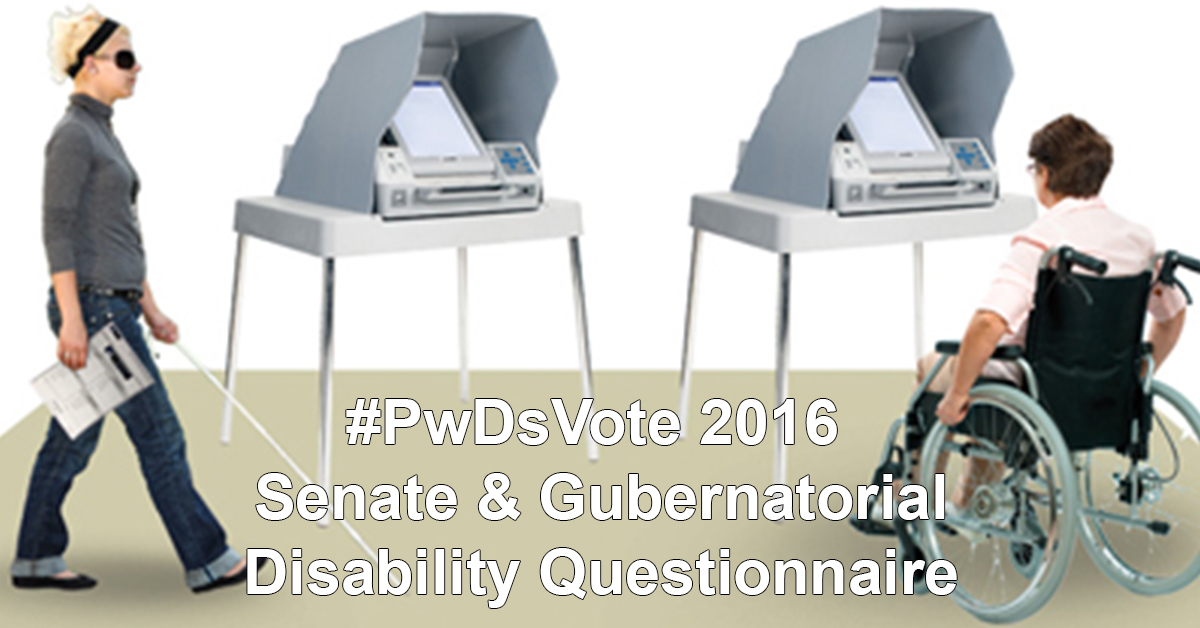
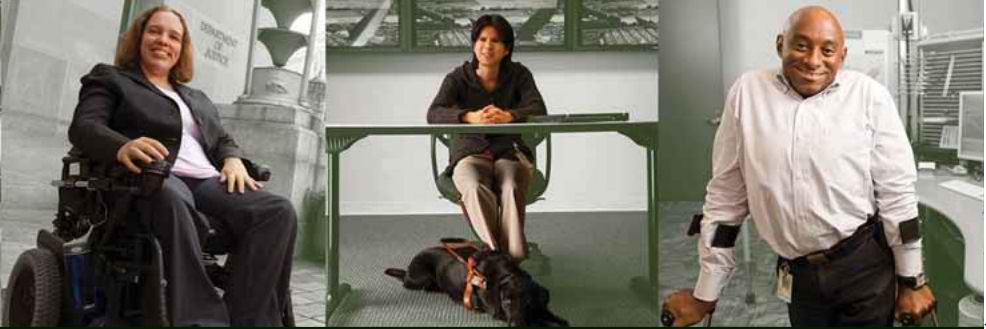
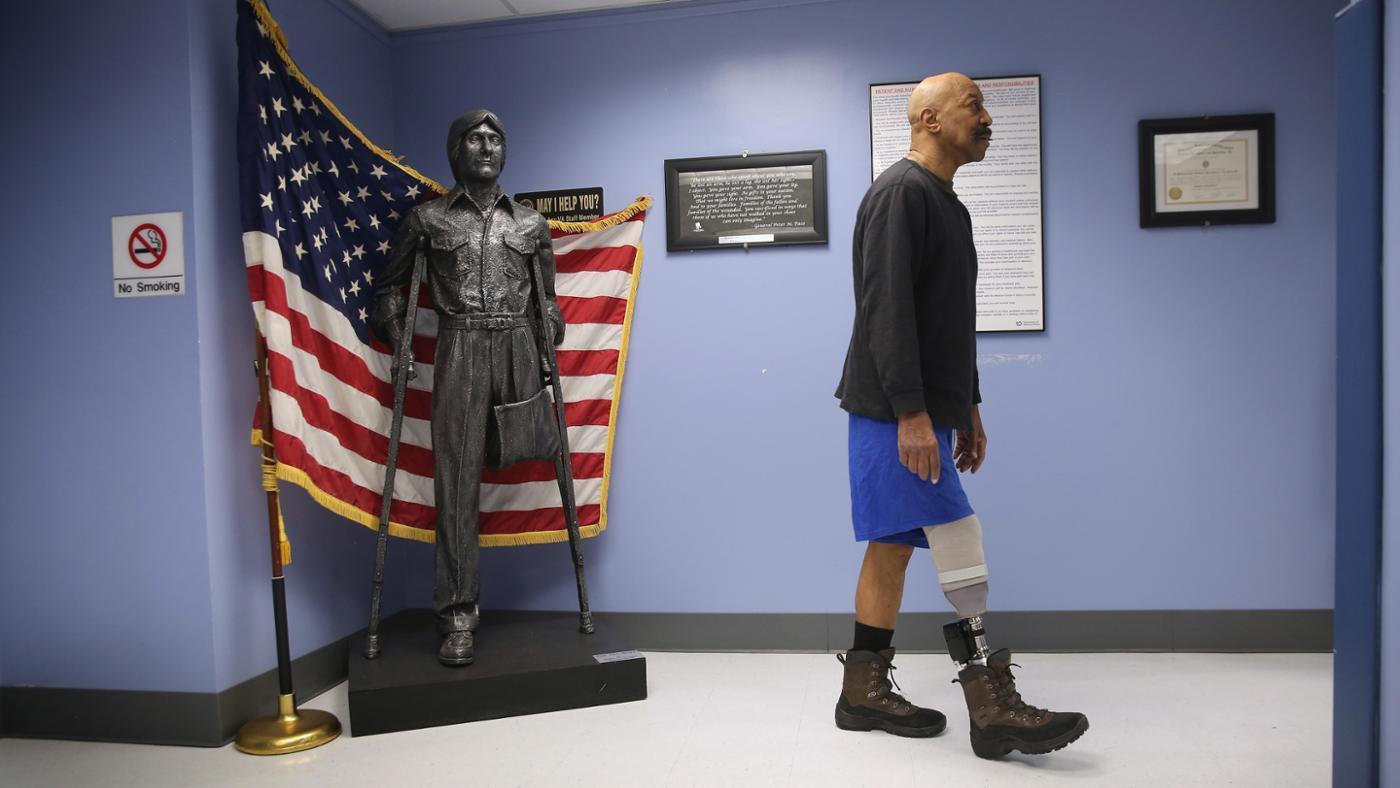
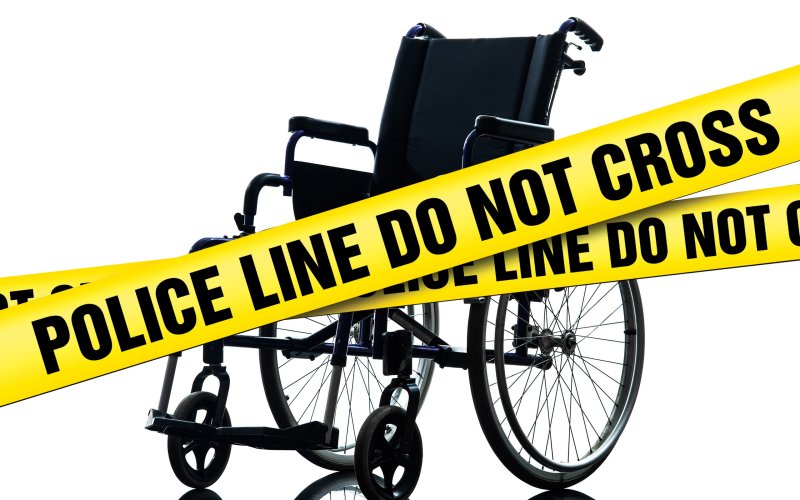

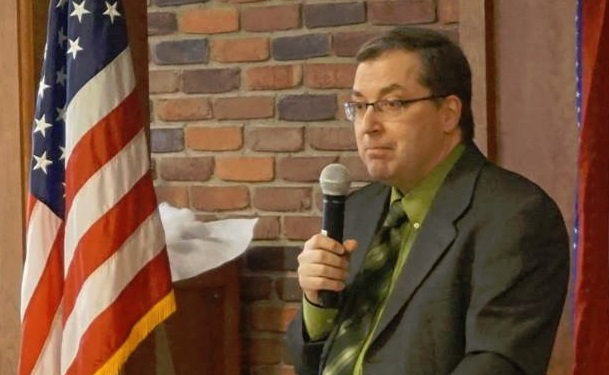

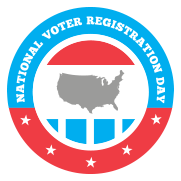 Washington, Sept. 27 – Today, we celebrate
Washington, Sept. 27 – Today, we celebrate 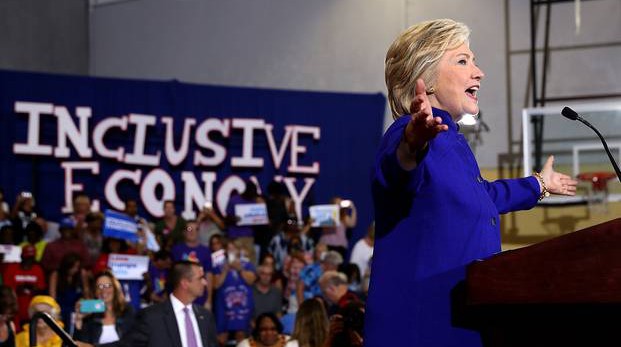



 Philadelphia, July 30 — When Hillary Clinton took to the stage the final night of the Democratic National Convention, several disability activists had one question – will she include people with disabilities in a meaningful way in her speech?
Philadelphia, July 30 — When Hillary Clinton took to the stage the final night of the Democratic National Convention, several disability activists had one question – will she include people with disabilities in a meaningful way in her speech?
 Philadelphia, July 29 – As the Democratic National Convention comes to a close, the disability community is celebrating a victory in the
Philadelphia, July 29 – As the Democratic National Convention comes to a close, the disability community is celebrating a victory in the 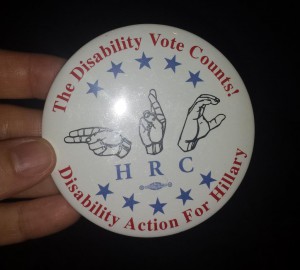

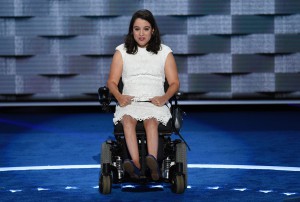 Philadelphia, July 26 – Following a video which highlighted what many see as Donald Trump’s mockery of a disabled New York Times reporter, disability activist Anastasia Somoza rolled onto the DNC stage in her power wheelchair and spoke about her friendship with Hillary Clinton and the Clinton family, a relationship which has lasted more than two decades.
Philadelphia, July 26 – Following a video which highlighted what many see as Donald Trump’s mockery of a disabled New York Times reporter, disability activist Anastasia Somoza rolled onto the DNC stage in her power wheelchair and spoke about her friendship with Hillary Clinton and the Clinton family, a relationship which has lasted more than two decades.
